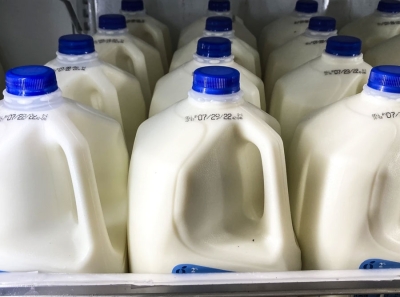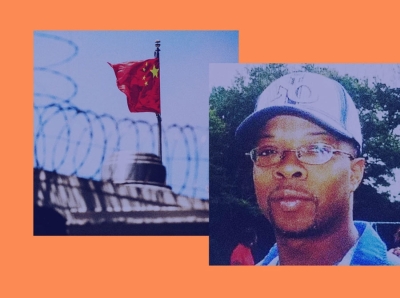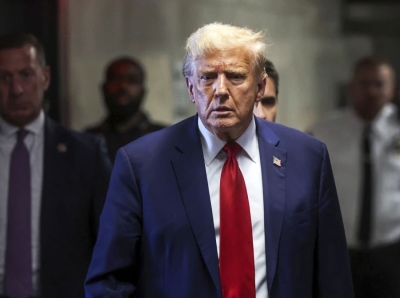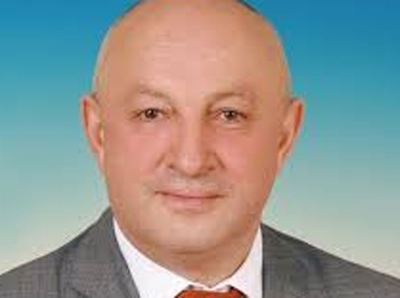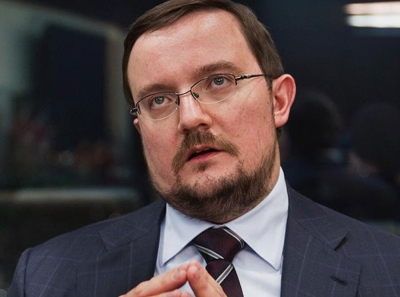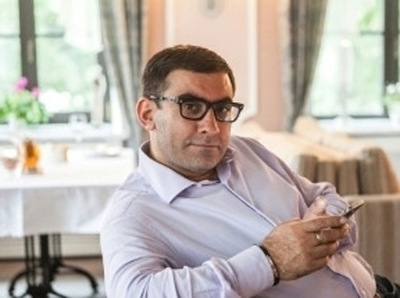Netherlands: Rutte retires
After resigning as Dutch Prime Minister, Mark Rutte has now also announced his withdrawal from politics. His government collapsed on Friday over disagreements about family reunification for refugees. Commentators take stock of the country’s longest-ruling prime minister and ask what the future holds.
Lame compromise avoided
The fall of the Dutch government comes at an inopportune moment but also provides clarity, says De Telegraaf:
“No major decisions will be taken until a new government takes office. One of these decisions was to be a new approach to asylum policy. The continuing flow of asylum seekers is putting too much pressure on society. The failed asylum policy is one of the biggest problems of these times, but it was precisely this issue that the cabinet stumbled over. As lamentable the cabinet’s collapse may be, now there is clarity. After nine months of talks about a new asylum policy the VVD is proving steadfast. The collapse of the cabinet is preferable to a lame compromise on asylum policy.”
Snap election could be end of the road for Rutte
Mark Rutte, now caretaker prime minister, is taking a big risk, notes De Volkskrant:
“He dropped his own fourth cabinet in the hope of ending up with a better, more right-wing cabinet instead. ... Most of the MPs in parliament believe Rutte must go — and according to a recent poll most of the population also takes that view. And so not only Rutte but also the VVD is taking an enormous risk by forcing new elections. ... If the VVD unexpectedly fails to become the strongest party, the liberals will face a major drama: Rutte’s departure from politics will then probably be inevitable.”
Migration must be a political priority
For La Libre Belgique, the main bone of contention is obvious:
“No European country can continue to ignore the fact that a colossal amount of work must be done. Not only must immigration be properly controlled, but migrants must be integrated far more intelligently and inclusively than has been done so far. Extremist parties are racking up electoral victories by making people believe the opposite: that we simply need to limit the influx of migrants. This is a dangerous simplification. From an ethical, social and economic point of view, the EU has a great interest in making migration an absolute priority. ... If this fails to happen, the political landscape will become grimmer and grimmer.”
Migration is in fact not the main reason
Immigrants are being used as the scapegoats for the fall of the government, Jutarnji list fears:
“Dutch people are plagued by high rents, housing shortages, the soaring price of natural gas and inflation. In this situation it’s easy to pin the blame on foreign immigrants and especially asylum seekers. Last year, the country was embarrassed by the humanitarian organisations’ criticism of the poor conditions at refugee centres. Rutte tried to improve this by reducing the number of migrants, but failed. When announcing his resignation, he cited the lack of agreement on accommodation for asylum seekers as one of the reasons.”


